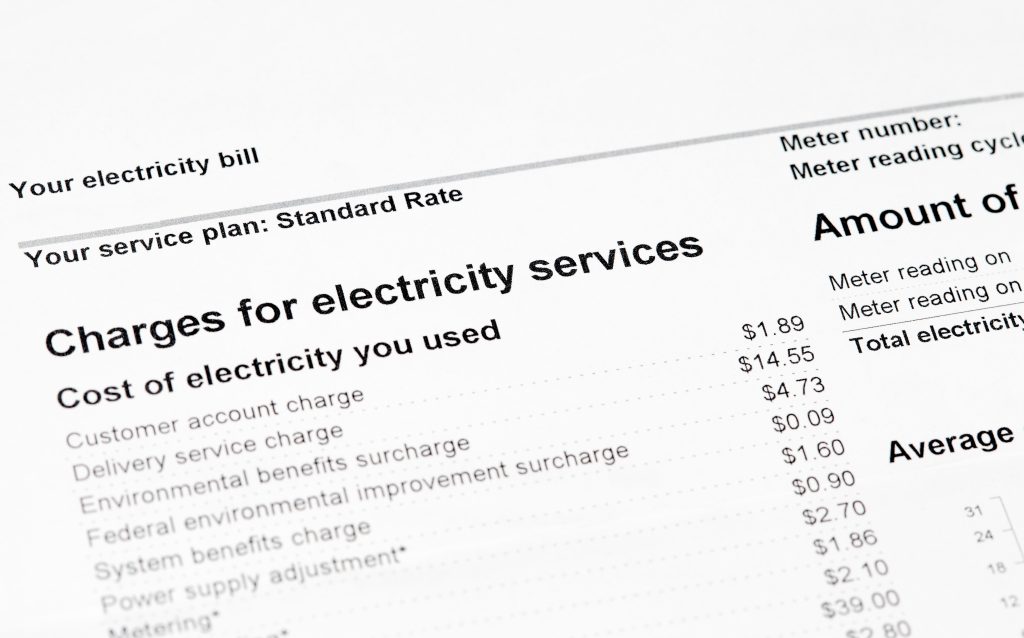As homeowners, the idea of selling your home can be both exciting and daunting. The key to maximizing profit lies in strategic home updates that enhance appeal and value. Investing in the right upgrades can attract potential buyers and justify a higher asking price. In this article, we will explore several home improvements that can significantly increase your home’s market value, ensuring a lucrative selling process.
Upgrade to a Metal Roofing System
Roofing is a critical aspect of home improvement, as it plays a significant role in the overall durability and curb appeal of a home. Choosing a metal roof can be a highly beneficial investment. According to The Roofer’s Guild, metal roofs have an impressive lifespan of up to 75 years, making them a sound long-term investment when preparing your home for sale.
With their durability and energy-efficient properties, metal roofs offer significant cost savings over time. They reflect heat rather than absorb it, which helps to keep the house cooler during hot months, potentially reducing energy bills. Additionally, their sleek, modern appearance can captivate buyers, giving your home a competitive edge in the market.
Potential buyers often prioritize homes that require minimal immediate repairs or replacements. By installing a metal roof, you assure buyers of reduced maintenance needs and enhanced property value. This assurance can be the key factor that influences a prospective buyer’s decision in your favor.
Choosing the Right Siding Color
The exterior presentation of a home is instrumental in creating a lasting first impression on buyers. Selecting an attractive siding color can make a substantial difference. According to Fixr, 49% of design experts recommend using whites as the top siding color for homes aiming to sell in 2024, offering a timeless and versatile appeal.
White siding provides a clean and modern look that can make homes appear larger and more inviting. However, the trend of natural wood stains, preferred by 48% of experts, offers a rustic charm and warmth that might appeal to buyers looking for a unique touch. Balancing these design elements is crucial to enhancing your home’s exterior aesthetics while aligning with buyer preferences.
Ultimately, the choice of siding color can significantly affect the perception of your home’s condition and style. Investing in quality siding with a preferred color can increase curb appeal and make your home stand out in a competitive real estate market. When executed correctly, this simple update can significantly boost your home’s desirability and value.
Installing a New Asphalt Driveway
The driveway is often the first feature noticed by potential buyers during a property viewing. An aesthetically pleasing and functional driveway can set a positive tone for the entire home tour. According to Home Guide, installing a new asphalt driveway requires an asphalt layer ranging from 3 to 5 inches thick to ensure longevity and durability.
This home improvement not only enhances the visual appeal but also contributes to practical benefits, such as improved accessibility and reduced dust and mud. Asphalt driveways offer a smooth surface that can withstand varying weather conditions, which is a reassurance for buyers seeking low-maintenance options. A well-maintained driveway can instantly elevate perceptions of property value, making it a highly attractive feature.
Incorporating a new asphalt driveway can be a strategic move to boost property value. Buyers often appreciate upgrades that blend aesthetics with functionality, making this investment worthwhile. Additionally, given the high return on investment for this improvement, it’s a smart financial decision when preparing to list your home.
Home updates can significantly influence the selling price and attractiveness of your home on the market. By strategically investing in improvements like metal roofing, optimal siding colors, and a new asphalt driveway, you can enhance your home’s value and appeal. These upgrades not only increase the property’s marketability but also ensure a quicker and more profitable sale. As such, they represent the savviest investments you can make, ensuring your home not only sells faster but at a premium price.


